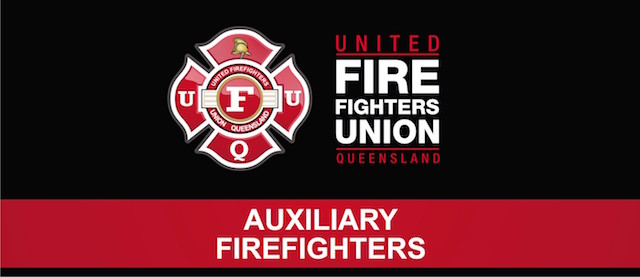
AUXILIARY UPDATE : 28 August 2020
AUXILIARY UPDATE – DISCONTINUATION OF PAGER NETWORK
As you would be aware, Fire and Rescue are making plans to transition the Auxiliary workforce onto a new communications system that will rely on mobile phones, instead of pagers.
Currently, there are 45 auxiliary stations who use the pager network as their primary method of emergency communication.
We’ve been advised that this change needs to occur because the VHA network that currently supports the pagers is being terminated at the end of 2020. This decision is outside the control of Fire and Rescue.
Your union has been consulted at several stages about the transition and we have raised the following concerns:
1. Reliability of the new network – namely will there be any reduction in coverage or quality of the signal?
2. Imposition on AFFs of new obligation to carry a mobile phone.
3. Industrial implications.
1. Reliability.
Our most immediate concern is the reach and reliability of the new communications system. We are aware that many auxiliary stations are located in areas that have patchy mobile phone reception.
If members do not receive notifications of emergency incidents instantaneously, this will lead to longer response times, and a greater risk of loss of life and property in semi-urban areas.
We have been assured by Fire and Rescue that the coverage will be the same as the pager network’s coverage. There will be no additional blind spots, and service delivery is not expected to be affected. We have also been assured that there are no plans to remove or decrease reliance on picocells.
2. Imposition on members.
As for the imposition on members, we have been informed that AFFs will soon be required to own, maintain, and carry around with them, working mobile phone devices. These phones do not need to be ‘smart phones’. Although the response will be received through an app, the software can be configured to be transmitted as a text message.
We anticipate that for most members this may be a simple transition, but for others it will require lifestyle changes, and potentially additional financial costs. If you believe that you will genuinely incur an additional cost due to the new requirement to have a functioning mobile phone, please make contact with the state office.
3. Industrial implications.
Finally, we advised Fire and Rescue of our expectation that the terms and conditions of employment of AFFs will not be adversely affected in any way by this technological change.
We have been assured verbally that there will be no disadvantage for members who are unable to respond to calls due to no fault of their own in calculating entitlement such as the retention allowance (e.g. due to poor mobile phone reception).
We have also been verbally assured that members will not be subject to management action if their attendance rates drop below the mandatory rates, if the reason for this is technical difficulties resulting from the transition away from pagers.
We will be requesting written confirmation of both of these guarantees from Fire and Rescue.
John Oliver - General Secretary
Authorised by John Oliver General Secretary
United Firefighters' Union of Australia, Union of Employees QLD
